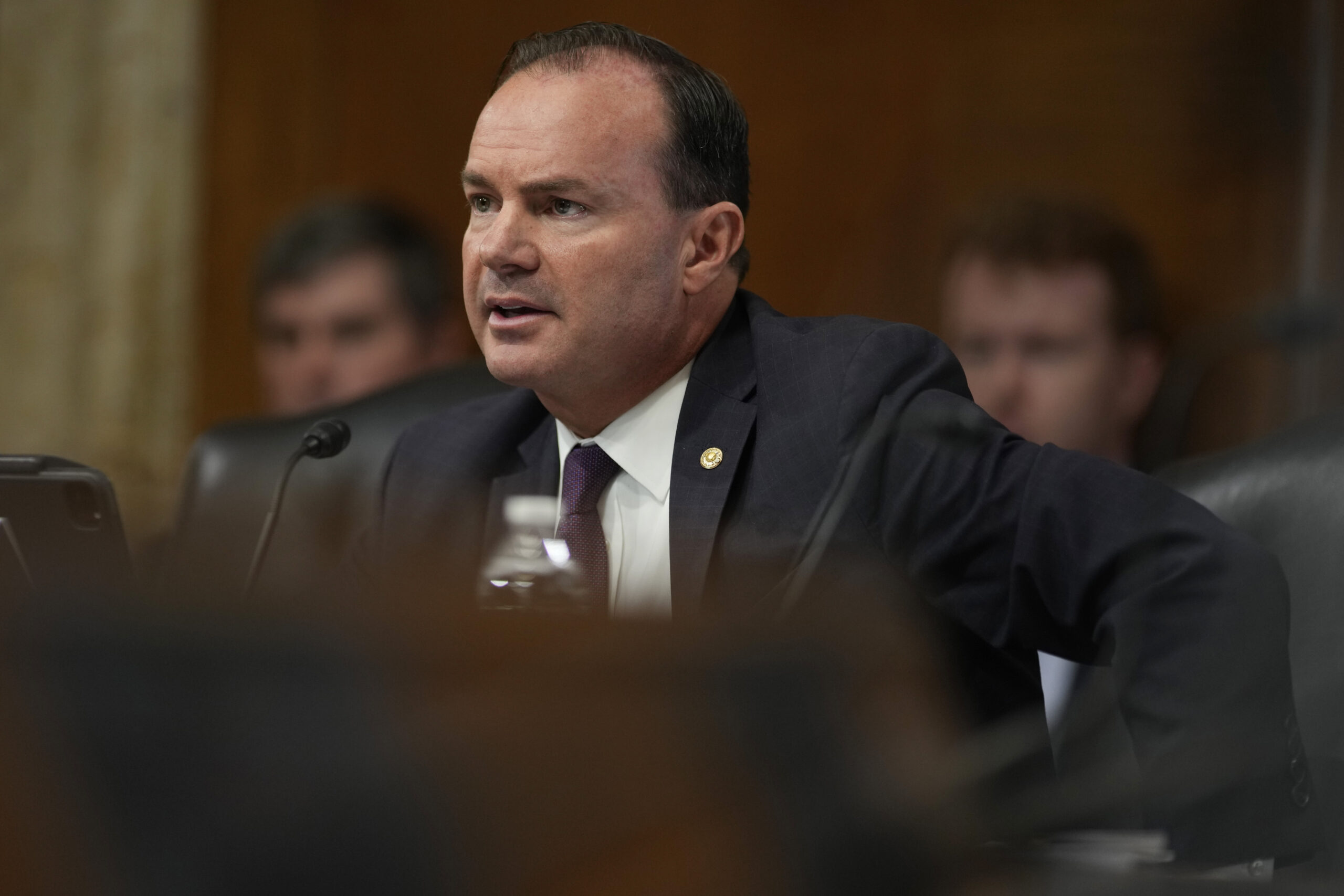
Bipartisan group of senators seeks to eliminate interchangeability designation for biosimilars
The US biosimilar market has always been distinct from the EU market, particularly when it comes to the designation of certain biosimilars as being interchangeable or allowed to be switched at the pharmacy counter for their brand name counterparts without a physician’s intervention.
Only a small handful of companies have won this designation so far in the US, whereas all biosimilars are deemed interchangeable in the EU. Now, a group of bipartisan senators is looking to align the US and EU further, and eliminate the interchangeability designation in the US.
“Our current regulatory environment imposes onerous and costly burdens that hinder the entry of biosimilars into the market. Ultimately, it’s the patients who bear the brunt of limited competition and exorbitant drug prices. We owe it to them to break down these barriers and ensure they have timely access to these life-changing drugs,” co-sponsor Sen. Mike Lee (R-UT) said in a statement. Sens. Ben Ray Luján (D-NM), Mike Braun (R-IN) and JD Vance (R-OH) are also co-sponsors.
Both PBMs and the biopharma industry-backed Biosimilars Forum have expressed interest in seeing the interchangeability designation revoked.
“The Biosimilar Red Tape Elimination Act will make it easier to realize these projected savings. By deeming all biosimilars as interchangeable upon FDA approval, this important legislation would make it easier, depending on state law, for pharmacists to substitute biosimilars for brand products thus removing an important barrier to biosimilar uptake,” PBM Prime Therapeutics said, backing the bill. “This move would reduce complexity for pharmacies, prescribers, and patients, thereby reducing barriers to biosimilar dispensing.”
Biosimilars Forum executive director Juliana Reed similarly told Endpoints News in an interview last week that Congress should reevaluate whether the interchangeability designation for biosimilars “is still necessary.”
Most recently, the FDA has relaxed some of its rules around when it might require so-called switching studies, where patients alternate between the reference product and the interchangeable biosimilar and compare those to others just on the reference product, to earn an interchangeability designation.
“Today, it is abundantly clear that switching studies are unnecessary,” Sen. Lee wrote in a report related to the bill. “The European Medicines Agency (EMA) has been approving biosimilars since 2006. In 2022, after analyzing more than fifteen years of data, the EMA stated that there is no evidence that switching between a biosimilar and its reference product increases the risk of immunogenicity.”
But Lee also made clear that this bill would not affect states’ ability to craft their own laws regarding biosimilar substitution, as many already have laws around interchangeability.
“It would merely send an accurate signal to the states regarding the nature of interchangeability,” he said.
Senate health committee chair Bernie Sanders (I-VT) on Wednesday also introduced a new bill that would expand the health care workforce in the US and separately, remove the interchangeability designation to reduce “the regulatory burden on biosimilar manufacturers and enhancing access to more affordable biologics.”